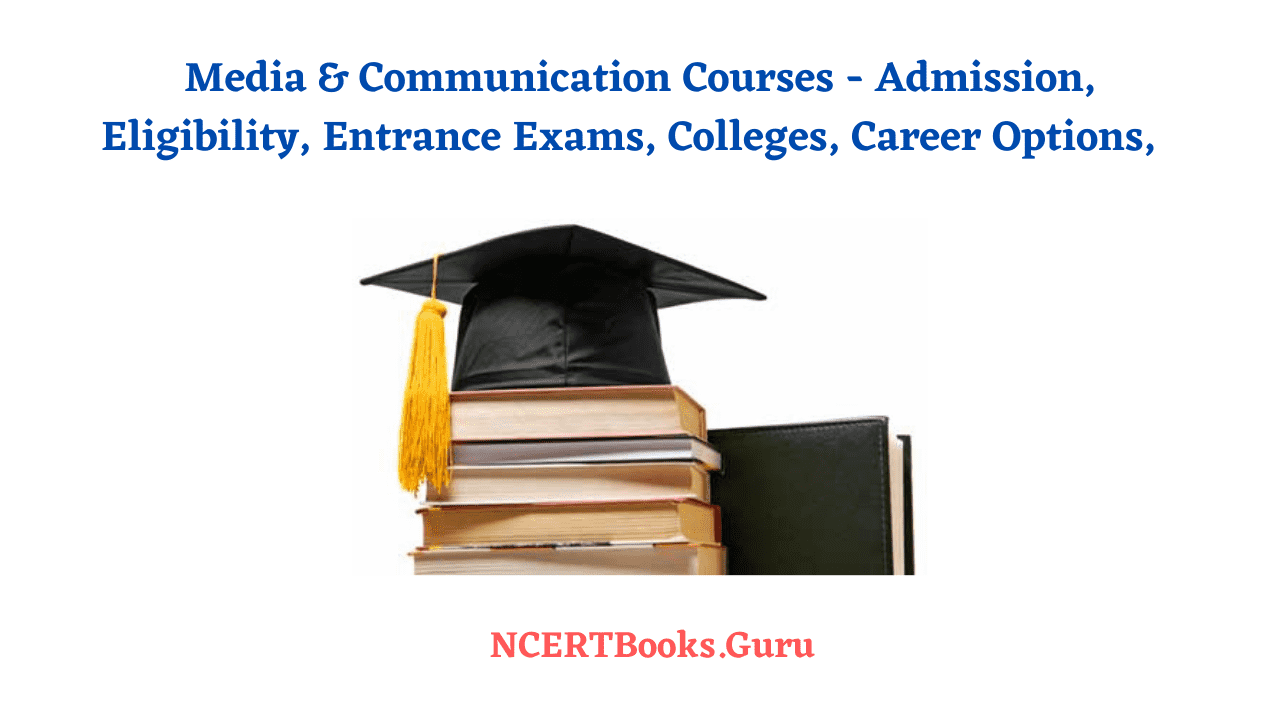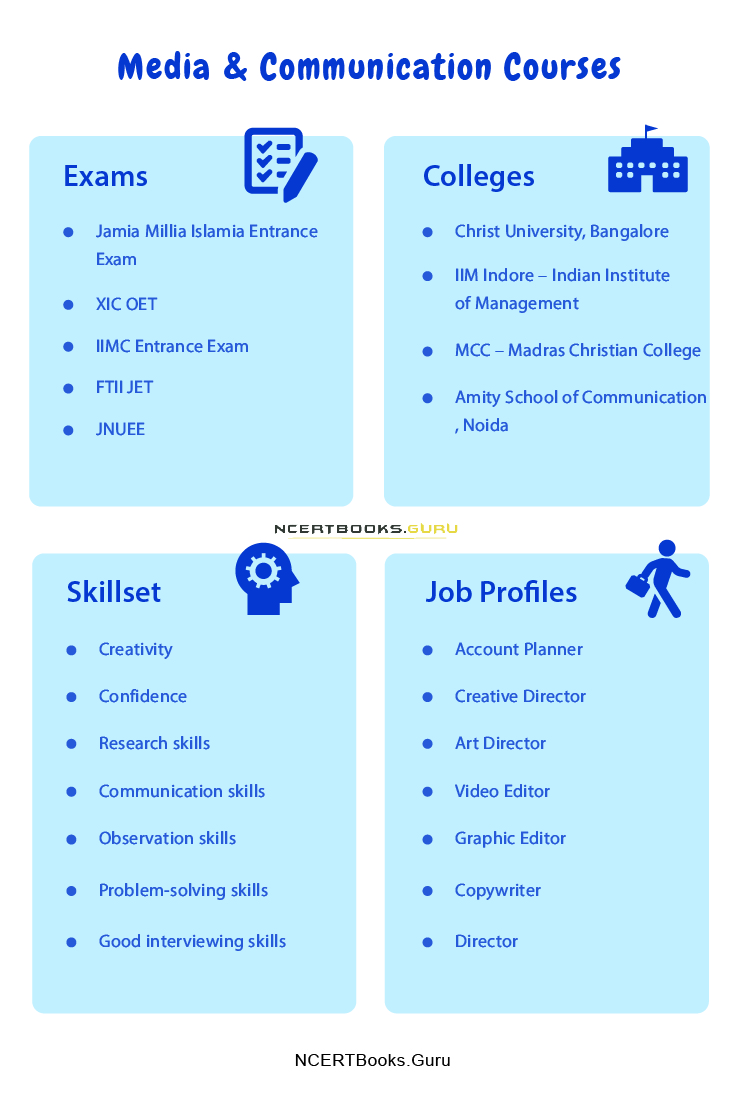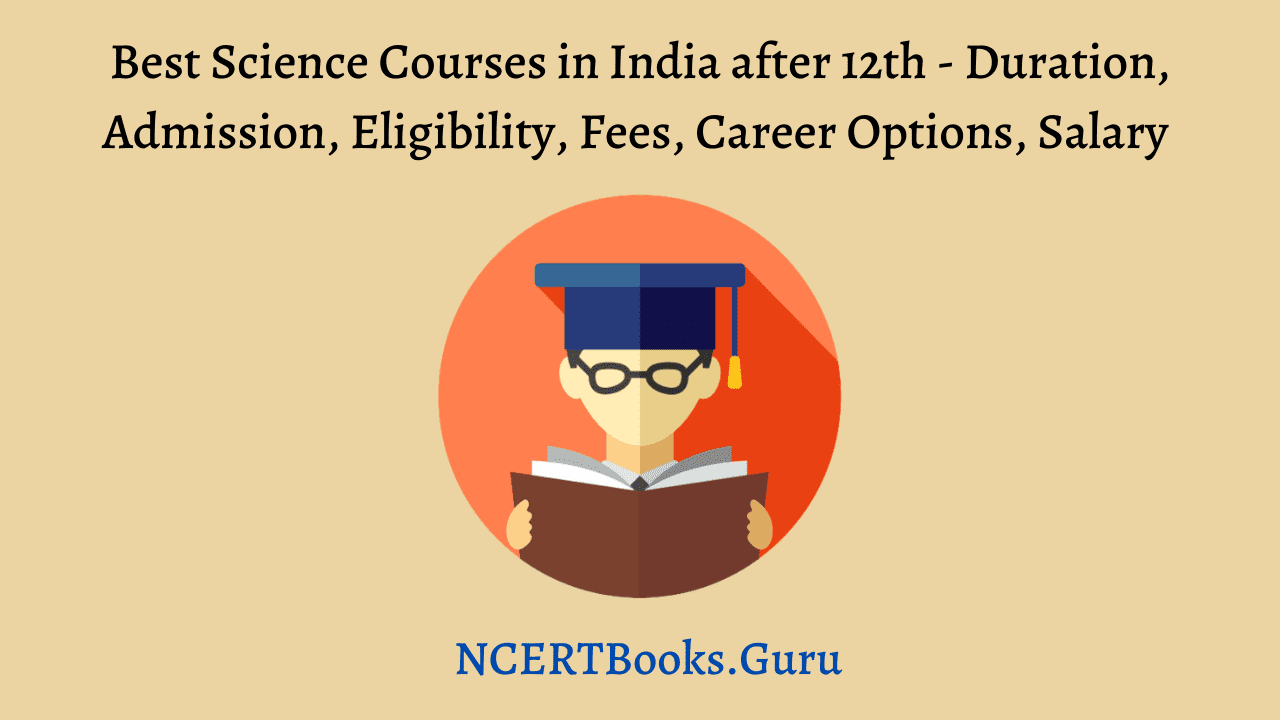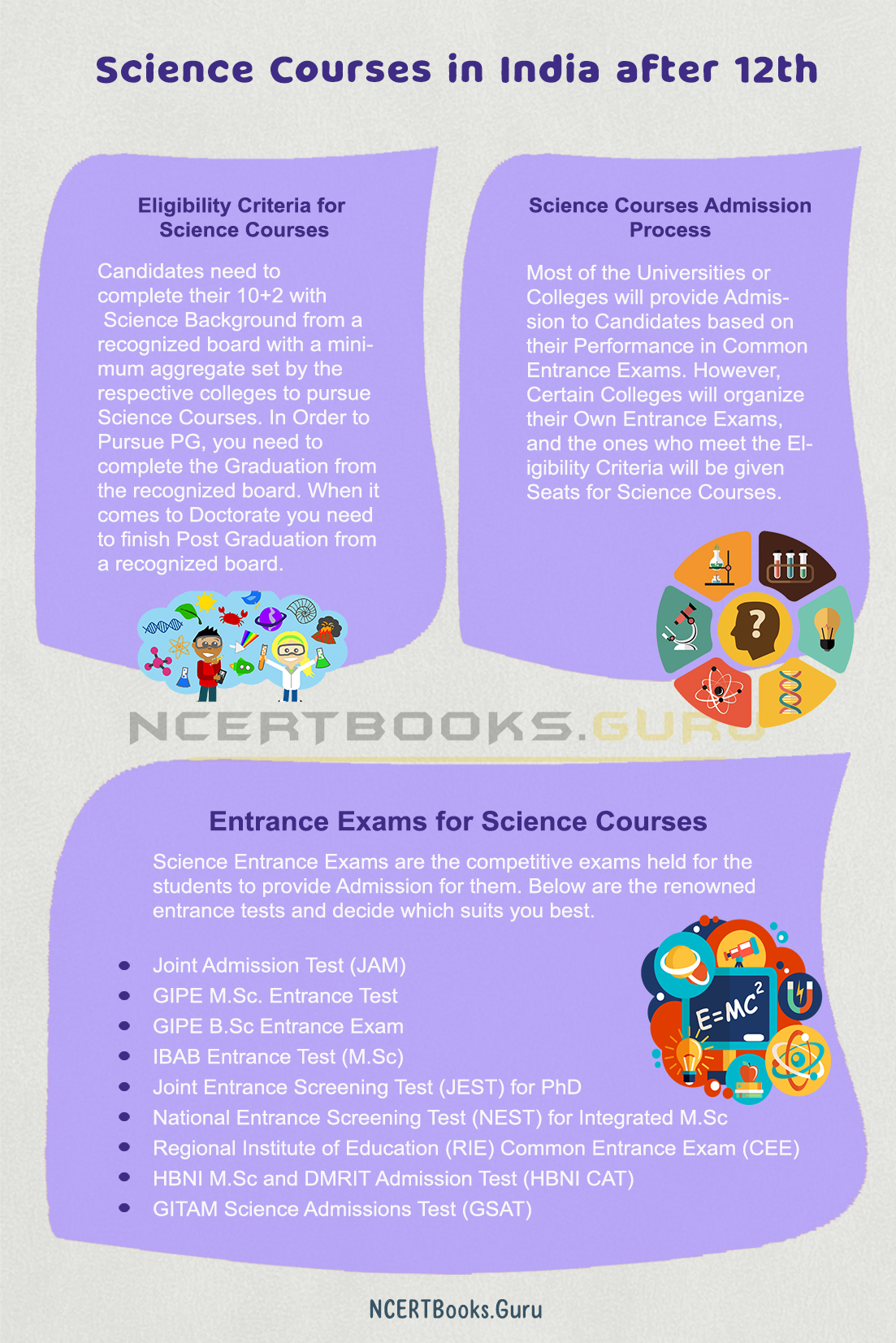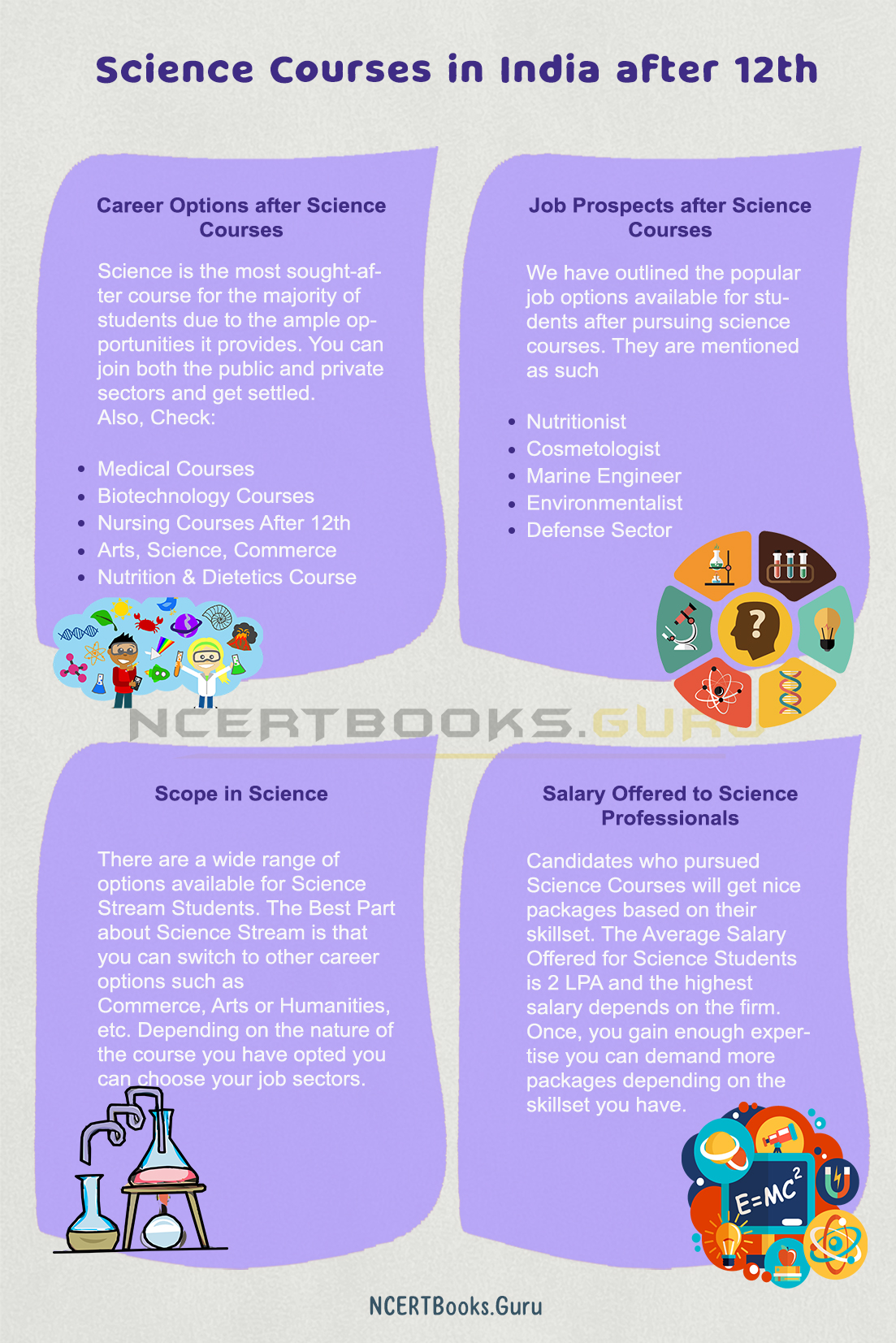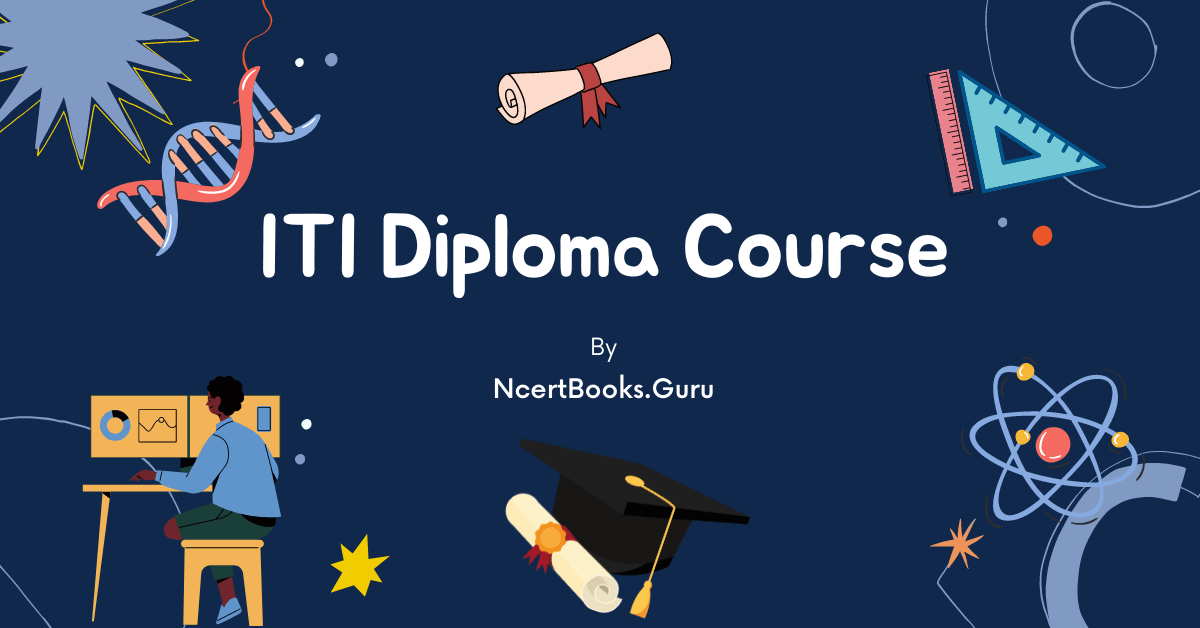Diploma Course After B Com: Thinking What to do after B. Com.? Well, after completing your B. Com., you can either go for a job or further studies like doing a diploma course after B. Com. It will provide you with knowledge, develop your skillset in less time and enhance your resume which will help you find higher-paying jobs. There are various fields which you can choose for your diploma.
Let’s see in this article what are the options for Diploma Courses after B. Com., how to register yourself for a diploma course after B. Com., fee structure, eligibility criteria, future scope, job options, salary, and other important information about the diploma courses in detail. So, let’s get started!
- About Diploma Course After B. Com.
- Should you do a diploma after B. Com.?
- Course details of diploma courses after B. Com.
- Advantages of doing a diploma after B. Com.
- Disadvantages of doing a diploma after B. Com.
- Registration Process for Diploma after B. Com.
- Fee structure of diploma courses after B. Com.
- Eligibility Criteria for Diploma After B. Com.
- Top Colleges for Postgraduate Diploma in India
- Job Options for Diploma Students after B. Com. | Career paths for a B. Com. Graduate with Diploma
- Various Fields of Diploma courses you can do after B. Com.
- Top companies that hire B. Com. Graduates with Diploma
- Average Salary of Diploma holder after B. Com.
- FAQs on Best Diploma Courses After B. Com
About Diploma Course After B. Com.
Having completed your graduation in a bachelor of commerce, going for a diploma course might just be the right decision for your career. You can opt diploma course after b.com for 6 months, 12 months, or 15 months long course according to your field of interest to gain specialization in that field.
Through these courses, you will gain practical, technical, and theoretical knowledge in your selected field. There are various institutions and colleges available in India that provide quality education in various diploma courses.
Should you do a diploma after B. Com.?
If you are interested in doing higher studies to gain expertise in a particular field such as banking, finance, etc you can go for a diploma course. Along with increasing your knowledge, you will also improve your chances of getting better jobs by pursuing a diploma after B. Com.
As in today’s world where there is cutthroat competition, adding a little something extra to your resume will help you a lot. You might be able to bag higher-paying jobs or get a promotion in the job you are currently working in After completing your diploma.
Course details of diploma courses after B. Com.
Do you need information about what are the course options to do a diploma after B. Com.? Check this module. There are various categories in which you can do a diploma after completing your B. Com. such as:
- Human resources
- Criminal law
- Marketing management
- Tally
- Finance
- Corporate law
- NGO management
- Computer programming
- Accounts in insurance
- Investment banking
- Loans
- Taxation
- Insurance
- Banking
Also Check:
Advantages of doing a diploma after B. Com.
There are various advantages of doing a diploma after B. Com. for your career, your skillset, and the overall understanding of subjects. Let’s see a few reasons why you should do a diploma after B. Com.:
- Better job opportunities
- Specialization in a particular field
- Increase in salary
- More career choices are available
- Better career advancements
- Improvement in job profile and areas
- A better understanding of subjects
- Developing skills in less time
Disadvantages of doing a diploma after B. Com.
Every coin has two phases. Similarly, there are some disadvantages as well to doing a diploma after B. Com. Following are the disadvantages you must consider before you decide to enroll in a diploma after B. Com.:
- Lesser salary as compared to those who go for post-graduation courses.
- Graduation courses hold a higher value than diploma courses.
- The quality of education might not be up to the mark.
- Diploma courses are given less value over other postgraduate courses.
- You might find a lot of weak students in diploma courses and feel frustrated.
- People often do not take a diploma degree seriously.
Registration Process for Diploma after B. Com.
The registration forms for diploma B.Com courses can be submitted online through the respective college and department’s website. You can also register in offline mode via visiting the college or university you want to complete your diploma form and submit your application.
Fee structure of diploma courses after B. Com.
The average fees for a diploma course are INR 10,000 to INR 40,000. The fee can be deposited at the beginning of the course or in installments.
Eligibility Criteria for Diploma After B. Com.
The eligibility criteria for enrolling in a diploma course after B. Com. is that you must have completed your B. Com. Degree and must not be enrolled in any other course simultaneously while applying for the diploma.
Top Colleges for Postgraduate Diploma in India
There are various colleges and universities across India that provide top-quality education in post-graduate diploma courses in various fields. Following is a list of top Institutes In India which provide postgraduate diploma degrees:
- Indira Gandhi National Open University, New Delhi
- Jamia Millia Islamia, New Delhi
- SRM University, Chennai
- Maharaja Sayajirao University of Baroda, Gujarat
- Christ University, Bangalore
- Banaras Hindu University, Varanasi
- Guru Gobind Singh Indraprastha University, New Delhi
Job Options for Diploma Students after B. Com. | Career paths for a B. Com. Graduate with Diploma
There are various employment opportunities and career paths for B. Com. graduates who also have a degree in diploma. Some of the career paths a B. Com. graduate and a postgraduate diploma holder can take are:
- Accountant
- Account executive
- Accounts manager
- Business executive
- Financial analyst
- Tax consultant
- Business consultant
- Financial analyst
- Financial manager
- Chartered accountant
- Complete secretary
- Management accountant
- Government services
- Education sector
Various Fields of Diploma courses you can do after B. Com.
There are various diploma courses available after B. Com. in fields such as
- Banking,
- Taxation,
- law,
- computer programming,
- management,
- human resources.
Each field has a variety of courses to offer. The duration of these courses might be between 6 months to 15 months.
Top companies that hire B. Com. Graduates with Diploma
There are various companies that recruit B. Com. graduates with a diploma degree. Following are the top companies which provide good job opportunities for freshers:
- Deloitte
- KPMG
- Ernst and Young
- PWC
- Accenture
- Private banks like Kotak, ICICI
Average Salary of Diploma holder after B. Com.
The average salary of a B. Com. graduate is 2-3 lakh per annum as a fresher. However, after completing a diploma course after B. Com. an individual can get a salary up to 5-6 lakh per annum.
Commerce is an Evergreen field and the diploma courses such as those in banking, finance, law, and management will never go out of the charts. So, you can be sure of a salary boost after doing a diploma after B. Com.
FAQs on Best Diploma Courses After B. Com
1. Is a diploma better than post-graduation after B. Com.?
You can go for a postgraduate diploma which will assist you in your masters’ studies. However, a postgraduate degree is considered better than doing a diploma after graduation in B. Com.
2. What is the duration of a diploma course?
The duration of a diploma course can be six months to 15 months or anywhere in between.
3. Which diploma course is best?
The list of the best 5 diploma courses in India is here:
- Diploma in Interior Designing
- Diploma in Fashion Designing
- Hotel Management Diploma Course
- Diploma in Animation and Multimedia
- Diploma in Hospitality Management
Conclusion
Hopefully, this article provided you with all the necessary information about the diploma course after B. Com. such as eligibility criteria, future scope, career paths, top recruiters, fees, salary, etc.
We hope you will now be able to make an informed decision for yourself whether you want to go for a diploma courses after B. Com. or not by looking at the various information and the pros and cons. Do visit our site ncertbooks.guru and find more course details & students related guides.

